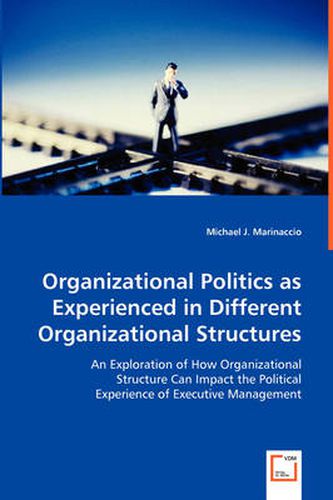Readings Newsletter
Become a Readings Member to make your shopping experience even easier.
Sign in or sign up for free!
You’re not far away from qualifying for FREE standard shipping within Australia
You’ve qualified for FREE standard shipping within Australia
The cart is loading…






This title is printed to order. This book may have been self-published. If so, we cannot guarantee the quality of the content. In the main most books will have gone through the editing process however some may not. We therefore suggest that you be aware of this before ordering this book. If in doubt check either the author or publisher’s details as we are unable to accept any returns unless they are faulty. Please contact us if you have any questions.
Behavioral theory premises that a correlation exists between a defined set of factors and how individuals behave in their work environments. Recently, a significant shift in work structures has transpired. Traditio-nally, work was concentrated in formal, structured, hierarchical con-structs. Today, however, the trend is a movement towards less forma-lized, unstructured work environments such as virtual organizations. This book explores how the organizational behavioral dynamic of power/politics may differ across traditional and virtual organizational structures. It explores this concept both from a theoretical viewpoint and in a research study using executives with experience in both organizational constructs. It concludes that a potential relationship between components of organizational structure and the way the power/politic dynamic is exhibited and perceived does exist. However, although current theory and literature would lead to an expectation that the political experience would be more positively perceived in formal structures, this study found an indication that the political experience is perceived more positively in virtual structures.
$9.00 standard shipping within Australia
FREE standard shipping within Australia for orders over $100.00
Express & International shipping calculated at checkout
This title is printed to order. This book may have been self-published. If so, we cannot guarantee the quality of the content. In the main most books will have gone through the editing process however some may not. We therefore suggest that you be aware of this before ordering this book. If in doubt check either the author or publisher’s details as we are unable to accept any returns unless they are faulty. Please contact us if you have any questions.
Behavioral theory premises that a correlation exists between a defined set of factors and how individuals behave in their work environments. Recently, a significant shift in work structures has transpired. Traditio-nally, work was concentrated in formal, structured, hierarchical con-structs. Today, however, the trend is a movement towards less forma-lized, unstructured work environments such as virtual organizations. This book explores how the organizational behavioral dynamic of power/politics may differ across traditional and virtual organizational structures. It explores this concept both from a theoretical viewpoint and in a research study using executives with experience in both organizational constructs. It concludes that a potential relationship between components of organizational structure and the way the power/politic dynamic is exhibited and perceived does exist. However, although current theory and literature would lead to an expectation that the political experience would be more positively perceived in formal structures, this study found an indication that the political experience is perceived more positively in virtual structures.